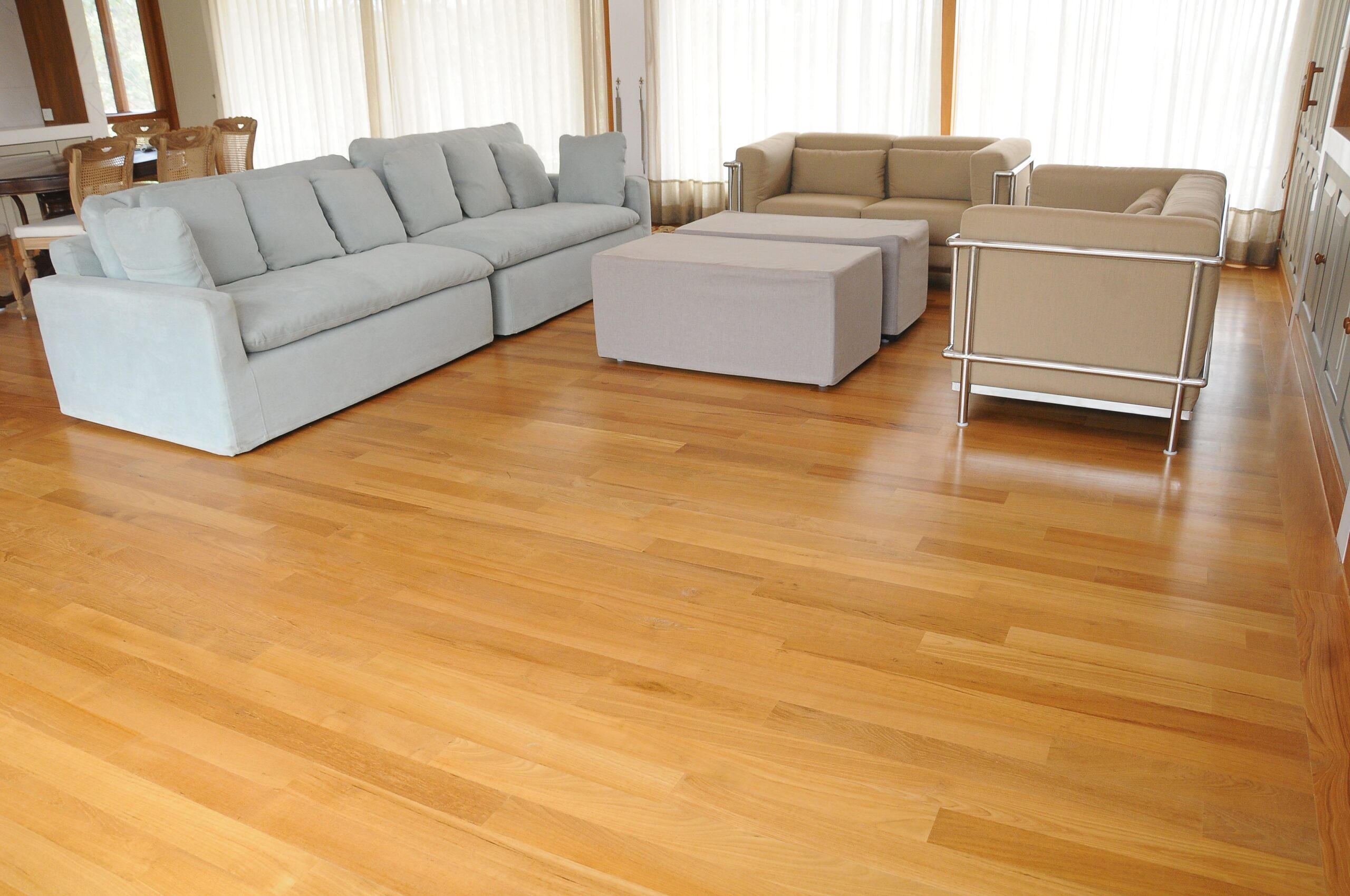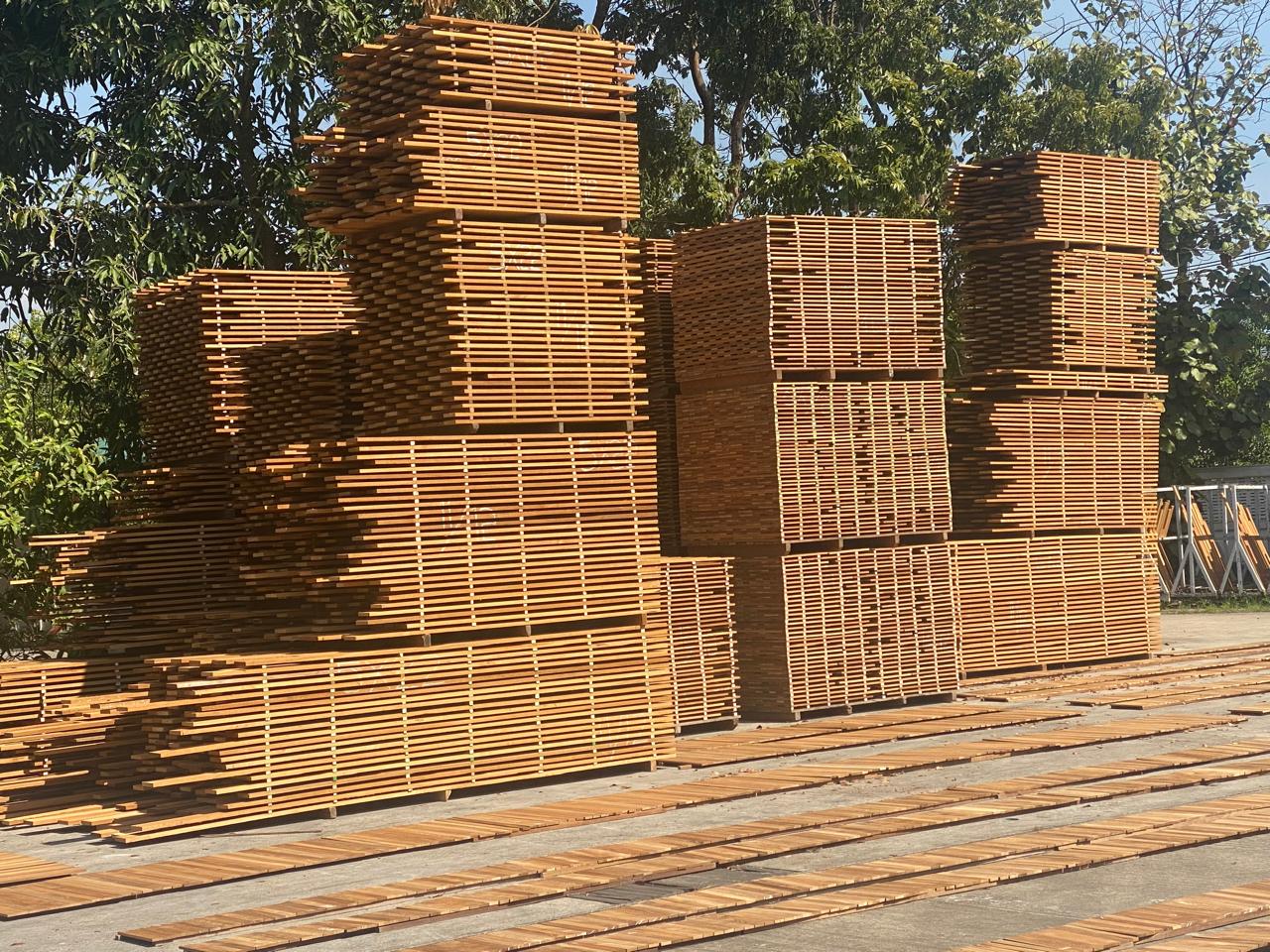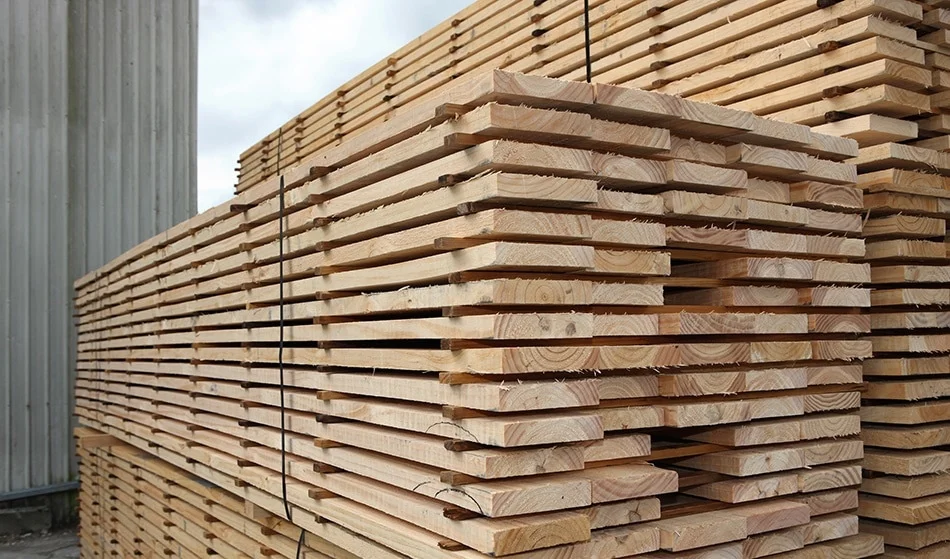Yes, it is true that around 90% of India’s total timber consumption is met through imports. India’s demand for timber far exceeds its domestic production, largely due to strict environmental regulations and a shortage of high-quality timber sources within the country.
As a result, India heavily relies on imported timber, with significant quantities coming from countries like Myanmar (Burma), Malaysia, Indonesia, West and East Africa, Latin America, PNG, Solomon Islands and New Zealand. This imported timber is used across various sectors, including construction, furniture manufacturing, and interior design.
As a result, India heavily relies on imported timber, with significant quantities coming from countries like Myanmar (Burma), Malaysia, Indonesia, West and East Africa, Latin America, PNG, Solomon Islands and New Zealand. This imported timber is used across various sectors, including construction, furniture manufacturing, and interior design.
Reasons for Heavy Reliance on Imports
- Limited Domestic Supply: India faces significant limitations in its domestic timber production due to deforestation concerns, stringent environmental regulations, and the need to conserve natural forest resources. Forest cover is crucial for biodiversity and ecological balance, leading to restrictions on large-scale logging.
- Quality and Variety: Indian consumers and industries have a high demand for premium wood varieties such as Burma teak, African teak, Malaysian Sal, and Pine. These high-quality timbers are not always available domestically in the desired quantity or quality, making imports essential.
- Economic Growth and Infrastructure Development: With rapid urbanization, real estate growth, and increased infrastructure development, the demand for wood and wood products has risen sharply. The furniture manufacturing and interior design sectors also play a significant role in driving timber demand.
- Global Supply Chains: Indian timber merchants and industries have long-established supply chains with countries like Myanmar, Indonesia, Malaysia, Ghana, and New Zealand. These countries provide sustainable and high-quality wood that meets both consumer and industrial needs.
- Domestic Policy Constraints: Strict forest management policies in India, such as bans or restrictions on logging in certain areas, have further limited the availability of local timber, compelling industries to source their requirements from abroad.




















